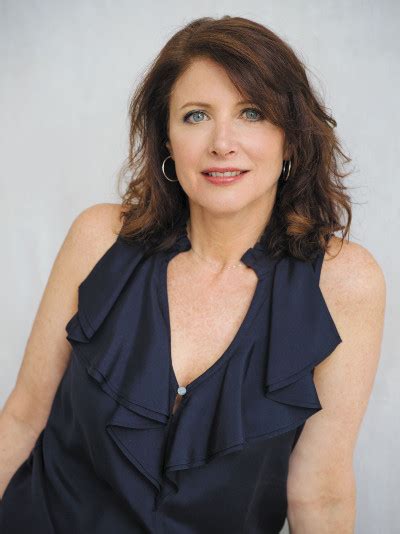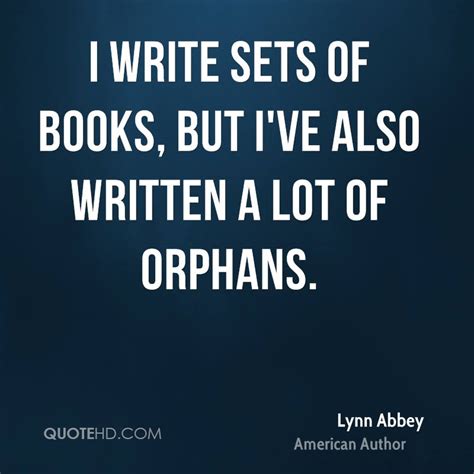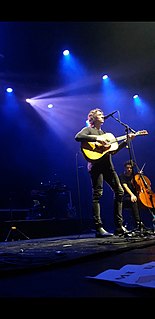A Quote by Mal Peet
It's extremely difficult to describe interestingly what happens on the pitch. Thousands of journalists write millions of words every week trying to do it, so your chances of avoiding cliche are very slim. And you're trying to write fiction, not a match report.
Related Quotes
The desire to be liked is acceptable in real life but very problematic in fiction. Pleasantness is the enemy of good fiction. I try to write on the premise that no one is going to read my work. Because there's this terrible impulse to grovel before the reader, to make them like you, to write with the reader in mind in that way. It prevents you doing work that is ugly or upsetting or difficult. The temptation is to not be true to what you want to write and to be considerate or amusing instead. I'm always trying to fight against the impulse to make my readers like me.
I write my first draft by hand, at least for fiction. For non-fiction, I write happily on a computer, but for fiction I write by hand, because I'm trying to achieve a kind of thoughtless state, or an unconscious instinctive state. I'm not reading what I write when I wrote. It's an unconscious outpouring that's a mess, and it's many, many steps away from anything anyone would want to read. Creating that way seems to generate the most interesting material for me to work with, though.
My experience is that journalists report on the nearest-cliche algorithm, which is extremely uninformative because there aren't many cliches, the truth is often quite distant from any cliche, and the only thing you can infer about the actual event was that this was the closest cliche. It is simply not possible to appreciate the sheer awfulness of mainstream media reporting until someone has actually reported on you. It is so much worse than you think.
The single most important technique for making progress is to write ten words. Doesn't matter if you're badly stuck, or your day is completely jam-packed, or you're away from your computer - carry a small paper notebook and write a sentence of description while you're waiting on line at a coffee shop. I think of this as baiting a hook. Even if you have a few days in a row where nothing comes except those ten words, I find that as long as you have to think about the novel enough to write ten words, the chances are that more will come.



































